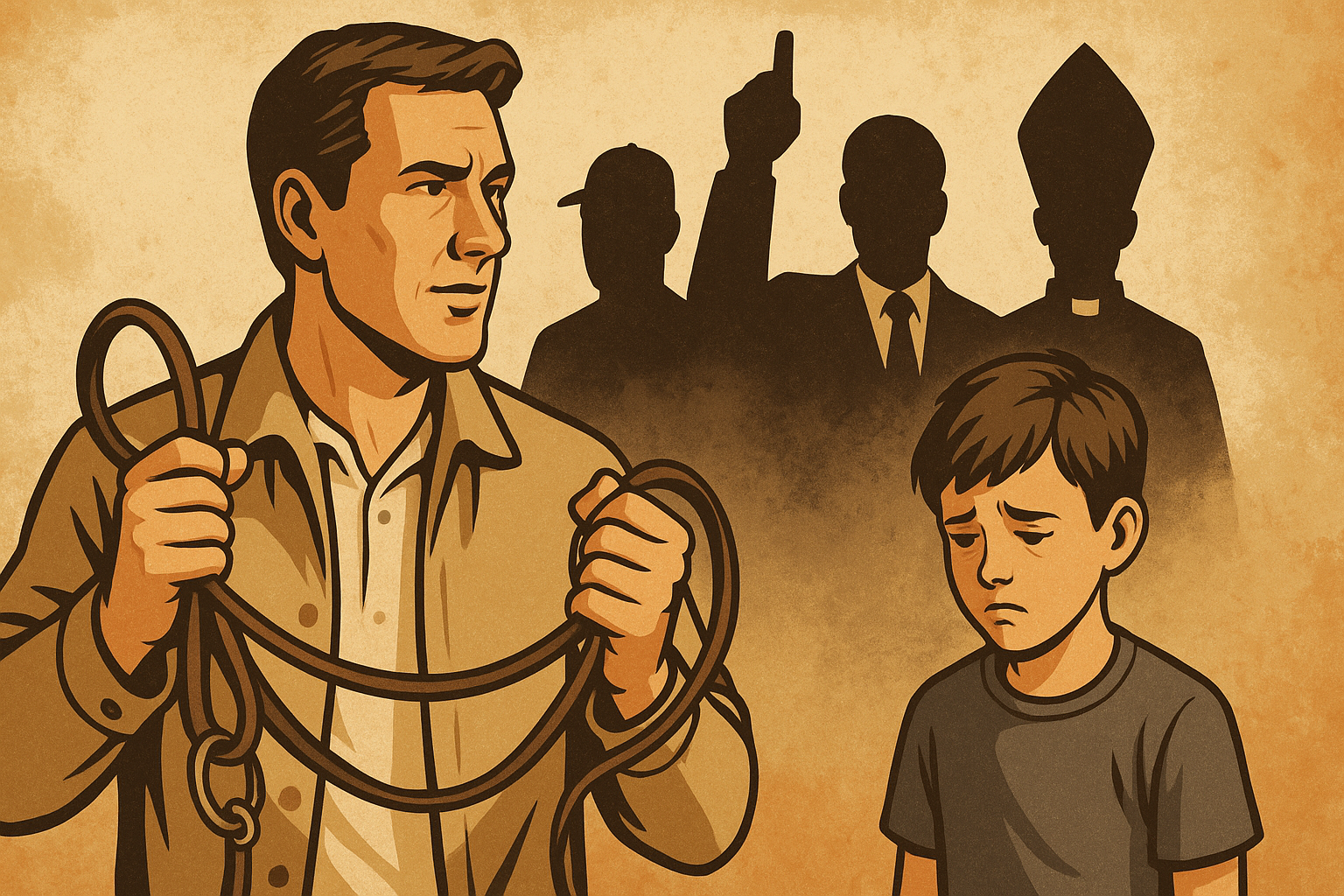How to Overcome Addiction?
Many schools of thought on how to overcome addiction are existing nowadays. Some believe in the harm reduction model. Noted addiction expert Gabor Mate supports the theory that addiction is the result of trauma. Addicts use drugs in order to manage the feelings around what they’ve experienced. They believe that the way to overcome addiction is to deal with the trauma. Therapeutic methods, including cognitive behavioral therapy, EMDR, EFT and other techniques are helpful. Those who subscribe to the harm reduction model believe that addicts and alcoholics do not need to remain abstinent. Instead, learn to moderate their behavior or use less harmful drugs (hence the term “harm reduction). Example, a heroin addict quitting opiates but continuing to use marijuana.
Harm reduction advocates often believe in the use of Suboxone, which is a prescription medicine that contains buprenorphine (which eases drug cravings) and naloxone (which blocks the effects of opiates) and must be administered by a medical professional. Suboxone is use to detox opiate users. Some people stay on the drug after detox. It’s a way of preventing them from using stronger opiates.
Treatment Programs
 Others believe that addiction can only be overcome through abstinence and that addicts can never use substances with any sort of moderation. AA is the best-known program for helping addicts find and maintain sobriety. The primarily requirement is to develop a relationship with a Higher Power. As a result, there are other abstinence-based programs that have no spiritual component, including SMART Recovery, Women for Sobriety, Secular Organizations for Sobriety, Celebrate Recovery, LifeRing and The Matrix Model. AA members, or 12-steppers, believe that addicts never truly overcome addiction but are able to arrest it by remaining abstinent, attending meetings, working the 12 steps and practicing the principles of AA. Many addicts, however, are able to remain abstinent without a program (something AA members often call “white knuckling”).
Others believe that addiction can only be overcome through abstinence and that addicts can never use substances with any sort of moderation. AA is the best-known program for helping addicts find and maintain sobriety. The primarily requirement is to develop a relationship with a Higher Power. As a result, there are other abstinence-based programs that have no spiritual component, including SMART Recovery, Women for Sobriety, Secular Organizations for Sobriety, Celebrate Recovery, LifeRing and The Matrix Model. AA members, or 12-steppers, believe that addicts never truly overcome addiction but are able to arrest it by remaining abstinent, attending meetings, working the 12 steps and practicing the principles of AA. Many addicts, however, are able to remain abstinent without a program (something AA members often call “white knuckling”).



